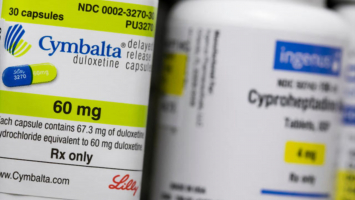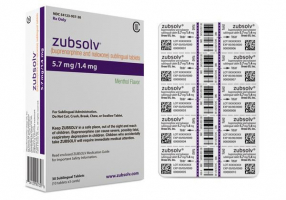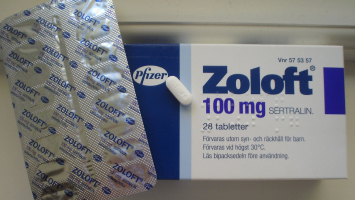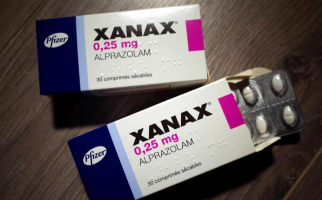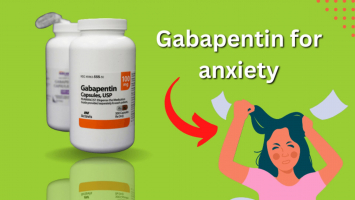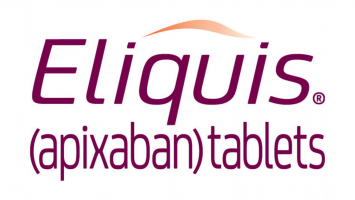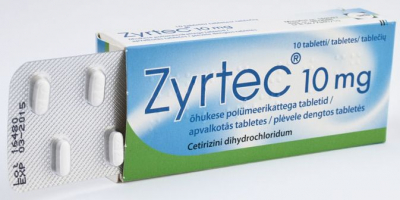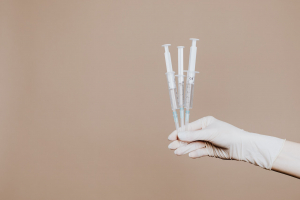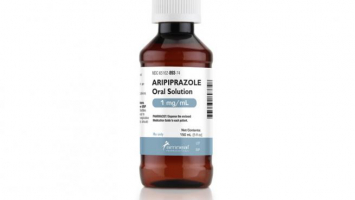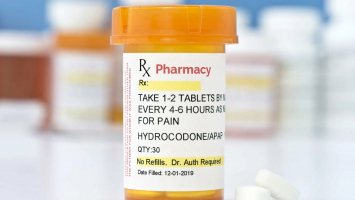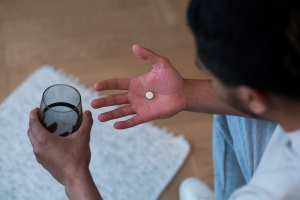Top 7 Things to Know About Brilinta
What is Brilinta 90mg? Brilinta 90mg is used in the prevention of thrombotic events in patients with acute coronary syndromes, and patients with a history, or ... read more...high risk of myocardial infarction. To ensure safety when using, patients need to consult their doctor or pharmacist before deciding to take the drug.
-
Brilinta is a brand (trade) name for ticagrelor, which is given to people who have had a heart attack or who have acute coronary syndrome (ACS) along with aspirin to reduce their risk of having a stroke or other heart problems.
Brilinta works differently than other antiplatelet medications like aspirin, clopidogrel, and prasugrel. Although it still inhibits ADP (adenosine-5-diphosphate), which is essential for blood clotting, it does so by reversibly binding to a receptor on the platelet surface called P2Y12. In contrast to other antiplatelet agents such as clopidogrel and prasugrel, which bind irreversibly for the life of the platelet, reversible binding means that platelet activity is restored once Brilinta concentrations fall below a certain level.
Brilinta keeps platelets in your blood from clumping together and forming an unwelcome blood clot that could block an artery. Platelets are small blood cells that clump and stick together to repair a blood vessel. Brilinta keeps the blood flowing freely.
Brilinta is a platelet aggregation inhibitor, which is a type of medication. It is also known as a P2Y12 inhibitor and an antiplatelet agent.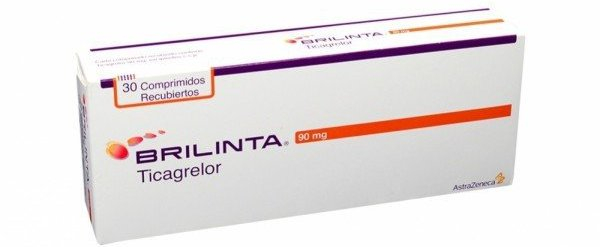
Vinmec 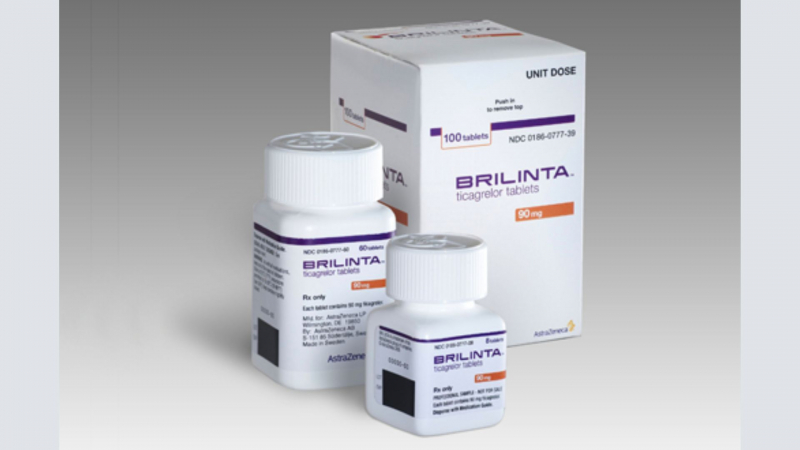
PMLiVE -
Brilinta, in combination with aspirin, may be given to people who have had a heart attack or who have acute coronary syndrome (ACS) to lower their risk of having a stroke or other heart problems.
Brilinta may also be given to patients who have had a stent inserted in order to reduce the risk of stent thrombosis (a blood clot forming and blocking an area near a stent).
Brilinta may also be prescribed to people with other heart conditions who are sensitive to aspirin.
Brilinta is more effective than clopidogrel (Plavix). A 180mg loading dose of Brilinta inhibited 41% of platelets in 30 minutes. Clopidogrel 600mg takes nearly 8 hours to achieve the same effect.
Brilinta appears to work faster when tablets are crushed and then administered.
Brilinta is not a prescription medication. Unlike clopidogrel and prasugrel, it does not require metabolism to be active.
Because clopidogrel is a prodrug that must be converted to its active form in the liver, clinical response is variable, with 20-40% of patients classified as non-responders, poor responders, or resistant to clopidogrel.
Brilinta has an active metabolite that is just as powerful and active as the parent drug. This extends the time it works.
Brilinta is an oral medication that is typically administered twice daily.
Brilinta is currently preferred over clopidogrel in people with ACS or who have had a myocardial infarction (heart attack).
Brilinta was found to be more effective than clopidogrel in reducing the percentage of CV death, MI or stroke in people taking low-dose aspirin in the first year of treatment. Aside from genetics (including CYP2C19 variations), other factors that influence clopidogrel response include age, diabetes, renal failure, and cardiac failure.
Brilinta has a higher potency than clopidogrel. The risks of bleeding and bruising are similar, but Brilinta is more likely to cause shortness of breath.
In people with mild liver disease or kidney disease, a dosage adjustment is required. Brilinta should be avoided in patients with severe liver disease; there is limited experience in those with moderate liver disease.
Brilinta is also available as a generic drug under the brand name ticagrelor.
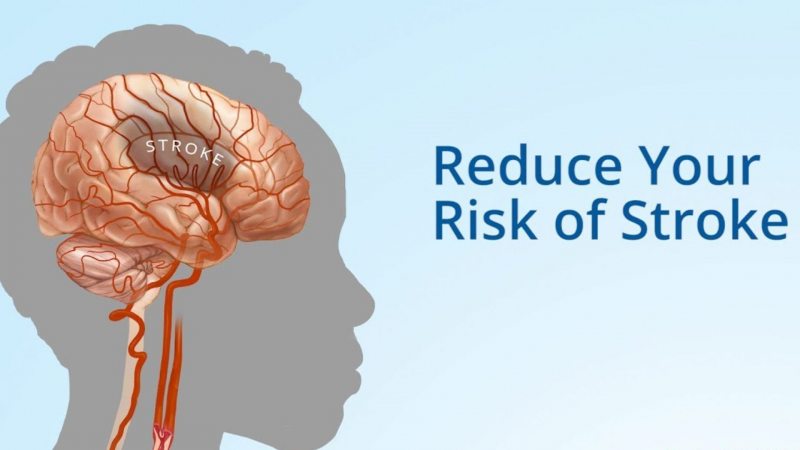
Mayfield Brain & Spine 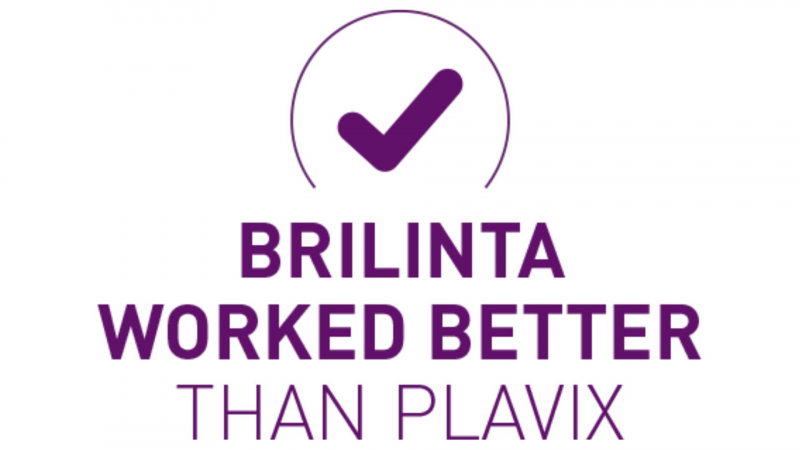
BRILINTA.com -
If you are between the ages of 18 and 60, do not take any other medications, and have no other medical conditions, you are more likely to experience the following side effects:
- Brilinta's most common side effects are bleeding, shortness of breath (dyspnea), dizziness, and nausea.
- Brilinta has a Boxed Warning about bleeding risks on its label because, like other antiplatelet agents, it can cause significant, sometimes fatal bleeding. Manage bleeding without stopping Brilinta if possible. Brilinta withdrawal raises the risk of future cardiovascular events. Brilinta should not be used in patients who have active pathological bleeding or a history of intracranial (within the skull) hemorrhage. Brilinta should not be started in patients undergoing emergency coronary artery bypass graft surgery (CABG).
- Brilinta can increase the risk of a heart attack, stroke, or death if it is stopped too soon. Brilinta, on the other hand, maybe temporarily stopped five days before surgery.
- Although Brilinta is typically given in conjunction with aspirin to people who have had a heart attack or have a condition known as acute coronary syndrome (ACS) to reduce their risk of having a stroke or other heart problems, dosages of aspirin greater than 100mg/day should NOT be given because this will reduce Brilinta's effectiveness.
- Brilinta should not be used in patients who have an active peptic ulcer, have had an intracranial hemorrhage, or have active bleeding conditions. Brilinta has had limited experience in people with moderate to severe liver disease. Avoid if you have severe liver disease.
- Although there has been no increase in major birth defects reported in case reports, animal studies using more than the maximum recommended dose of Brilinta have revealed an increased risk of structural abnormalities, pup death, and growth delays. Advise women to use adequate contraception to avoid pregnancy while taking Brilinta and to notify their doctor immediately if they become pregnant inadvertently. Breastfeeding is not advised during Brilinta treatment.
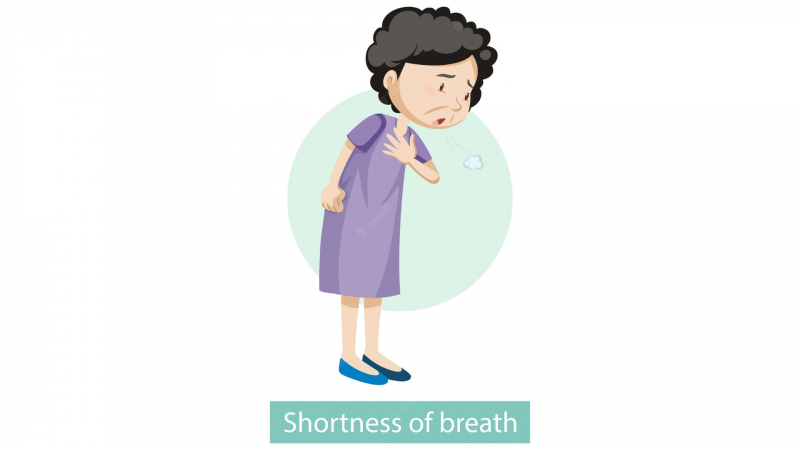
Freepik 
Cleveland Clinic -
Brilinta inhibits a substance known as ADP (adenosine-5-diphosphate), which is important in blood clotting. It may be given in conjunction with aspirin to people who have had a heart attack or who have acute coronary syndrome (ACS) to lower their risk of having a stroke or other heart problems. Brilinta's most common side effects are bleeding, shortness of breath (dyspnea), dizziness, and nausea. Brilinta has been shown in studies to be more effective than clopidogrel (Plavix) in lowering the risk of CV death, MI, or stroke in the first year of treatment.
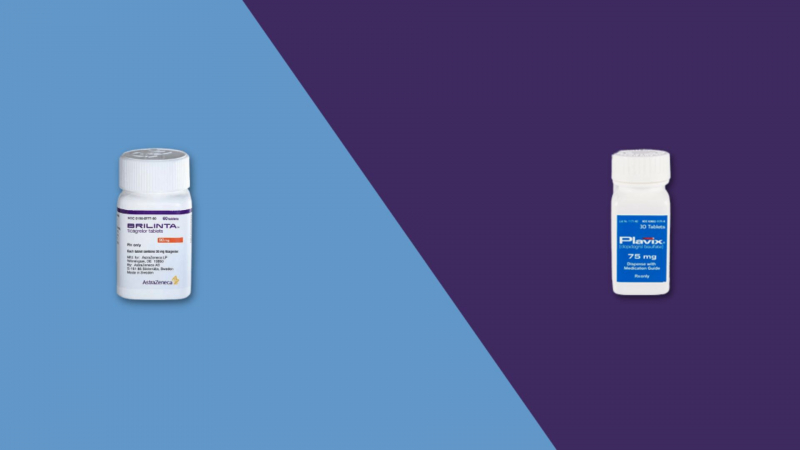
NiceRx 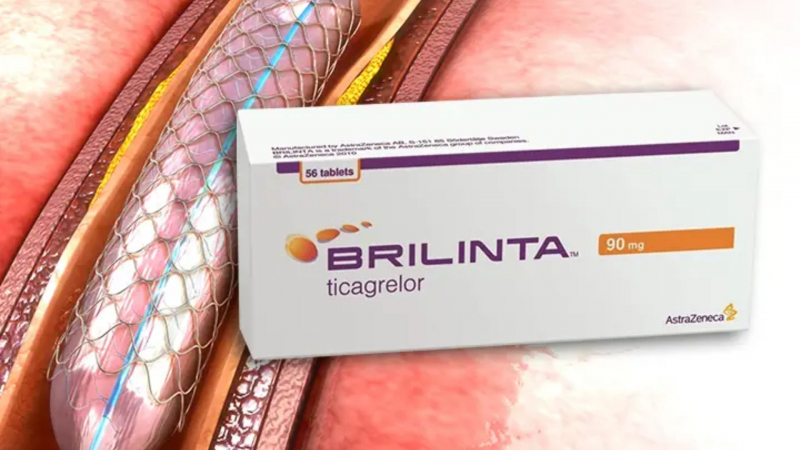
Medpage Today -
Brilinta is an oral tablet that is typically taken twice a day, in the morning and at night. Brilinta can be taken with or without food and is usually combined with a daily aspirin maintenance dose. Brilinta's first dose may be higher than subsequent doses. This is known as a loading dose, and it allows Brilinta to reach effective levels more quickly.
Brilinta should not be abruptly discontinued without first consulting your cardiologist. Brilinta can increase the risk of a heart attack, stroke, or death if it is stopped too soon. If you are going to have surgery, your doctor may tell you to stop taking Brilinta 5 days before the procedure. This will help to reduce the likelihood of bleeding. Follow your doctor's instructions for stopping and restarting Brilinta.
While taking Brilinta, avoid drinking grapefruit juice. Grapefruit juice has the ability to inhibit (block) one of the enzymes (3A4) required for the breakdown of Brilinta for excretion from the body. In theory, drinking grapefruit juice while taking Brilinta could increase the antiplatelet effect of your medication and increase your risk of bleeding. Inquire with your doctor about this potential drug-food interaction.
Brilinta does not have the same dietary restrictions as warfarin, so you can eat green leafy vegetables like spinach, broccoli, kale, and other vitamin K-rich foods while taking Brilinta.
It is not advisable to consume alcohol while taking Brilinta because you will also be taking aspirin. Aspirin combined with alcohol can cause stomach bleeding and ulcers. Inform your doctor if you have a history of stomach ulcers or digestive tract bleeding. If you have symptoms of bleeding in your stomach or intestines, contact your doctor right away. This includes black, bloody, or tarry stools, as well as coughing up blood or vomit resembling coffee grounds.
Do not take any other medications, including those purchased at a supermarket or drug store, without first consulting your doctor or a pharmacist. It is safe to take acetaminophen (Tylenol) with Brilinta if you need a mild pain reliever. Many over-the-counter (OTC) products contain aspirin, ibuprofen (Advil, Motrin), or naproxen (Aleve), which are incompatible with Brilinta. These ingredients are also found in combination products used to treat cold or flu symptoms or to help you sleep. Check the labels to see if these ingredients are present. If you are unsure, consult your pharmacist.
While taking Brilinta, you may notice that you bruise or bleed more easily and that it takes longer to stop bleeding. This demonstrates Brilinta's productivity. If the bleeding is excessive or prolonged, or if you notice blood in your urine or stool, seek immediate medical attention.
Seek medical attention right away if you develop a fever, weakness, skin or eye yellowing, feel confused, or your skin appears extremely pale.
Inform your dentist and other health care providers that you are taking Brilinta before any invasive procedure.
Although there was no evidence of an increased risk of major birth defects in case studies investigating Brilinta use during pregnancy, animal studies using more than the maximum recommended dose did show an increased risk of structural abnormalities, pup death, and growth delays. If you are taking Brilinta, you should notify your doctor if you are planning a pregnancy or if you become pregnant unintentionally. Breastfeeding is not advised during Brilinta treatment.
Medanta 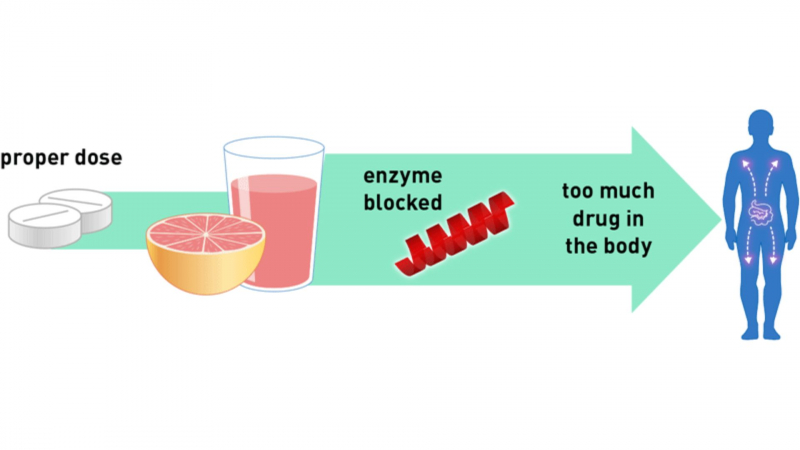
Do not drink grapefruit juice while taking Brilinta. - FDA -
Brilinta is more effective than clopidogrel (Plavix). A 180mg loading dose of Brilinta inhibited 41% of platelets in 30 minutes. Clopidogrel 600mg takes nearly 8 hours to achieve the same effect.
Brilinta achieved maximum platelet inhibition (88% inhibition) two hours after administration. Crushing and administering tablets appears to shorten the time to peak concentrations. Platelet inhibition is at its peak for another six hours (eight hours total). Platelet inhibition is still 58% 24 hours after a Brilinta dose. Platelet inhibition drops to 56% after 56 hours (over 2 days) and 10% after 110 hours (over 4 days).
After a stent or heart attack, Brilinta is typically used for 6 to 12 months, or longer. To help prevent blood clots, it is administered along with low-dose aspirin. Brilinta may be administered for varying lengths of time, depending on the use.
Studies have shown that Brilinta is superior to the use of clopidogrel, another antiplatelet medication, for at least one year following ACS (Plavix).
At 36 months, aspirin plus Brilinta 60 mg was found to be significantly more effective at preventing a major event like a heart attack or stroke in studies of high-risk patients with coronary artery disease (CAD) and type-2 diabetes than aspirin alone.
In studies, patients who experienced a TIA or acute ischemic stroke within 24 hours of onset received Brilinta or a placebo. The average duration of the treatment was 30 days. Brilinta was found to reduce the rate of a composite of stroke and death more effectively than the placebo (the primary endpoint). The manufacturer advises continuing treatment for up to 30 days. Early on in the therapy process, the treatment effect began to accumulate.
Depending on the intended use, Brilinta may be administered in the first dose as a loading dose, which is a higher dose intended to help the body reach therapeutic levels more quickly. Within 30 minutes of taking this loading dose, Brilinta typically begins to inhibit platelets, according to data from the manufacturer (two 90 mg tablets). However, a small, open-label study found that in patients receiving a stent and having received a loading dose of Brilinta, it can take anywhere between 2 and 11 hours to achieve adequate platelet inhibition.
Responses can vary from patient to patient, and some patients who are having a stent implanted after a heart attack may require additional antiplatelet therapy to prevent stent thrombosis.
Brilinta appears to be more effective than Plavix at lowering the risk of CV death, MI, or stroke in the first year of treatment, according to PLATO clinical trial data.
BRILINTA.com 
Brilinta lowering the risk of CV death - MIT News -
When combined with Brilinta, medications that interact with it may either lessen its effect, shorten its duration of action, exacerbate side effects, or have no effect at all. Even though it is not always necessary to stop taking one of the drugs, sometimes there is an interaction between two drugs. Consult your doctor to learn how to handle drug interactions.
Over 400 drugs can interact negatively with Brilinta. Typical drugs with which Brilinta may interact are:
- aspirin (dosages greater than 100mg)
- amiodarone
- apalutamide
- apixaban
- aprepitant
- bismuth subsalicylate
- calcium channel blockers such as diltiazem or verapamil
- cholesterol-lowering agents, such as simvastatin or lovastatin
- cobicistat
- dabigatran
- dalteparin
- digoxin
- erythromycin
- fluconazole, ketoconazole, or voriconazole
- grapefruit juice
- herbals, such as Dong Quai or echinacea
- mifepristone
- NSAIDs, such as celecoxib, ibuprofen, diclofenac, etodolac, and naproxen
- opioids, such as methadone, morphine, or oxycodone (can delay and reduce the absorption of Brilinta and its active metabolite possibly due to slowed gastric emptying)
- repaglinide
- steroids such as dexamethasone
- strong CYP3A inducers such as rifampin, phenytoin, carbamazepine, and phenobarbital (substantially reduce the efficacy of Brilinta).
- strong CYP3A inhibitors such as itraconazole, ketoconazole, voriconazole, clarithromycin, nefazodone, atazanavir, indinavir, nelfinavir, ritonavir, saquinavir, and telithromycin (substantially increase the risk of side effects such as dyspnea or bleeding).
- ticlopidine
- tinzaparin
- tramadol
- warfarin and other anticoagulants.
In general, Brilinta may interact with any medication that raises the risk of bleeding, including aspirin, corticosteroids, SSRI antidepressants (citalopram, duloxetine, fluoxetine, venlafaxine), enoxaparin, and fish oils.
Note that only common medications that may interact with Brilinta are included in this list, which is not exhaustive. For a comprehensive list of interactions, consult the Brilinta prescribing information.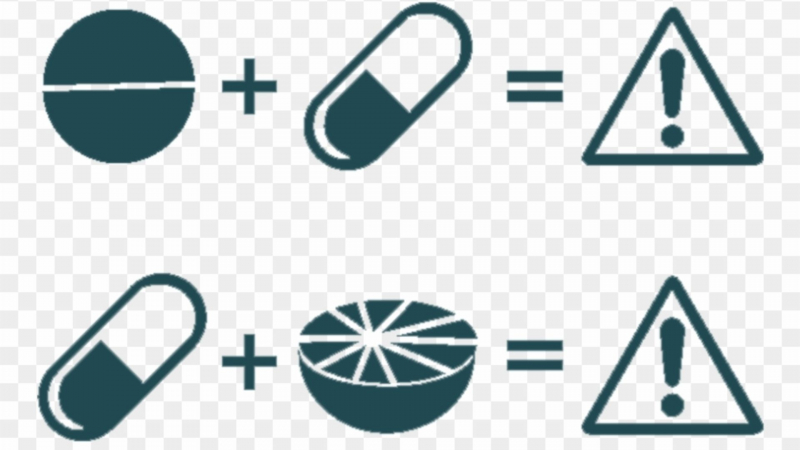
PinClipart. 
Burt's Pharmacy












